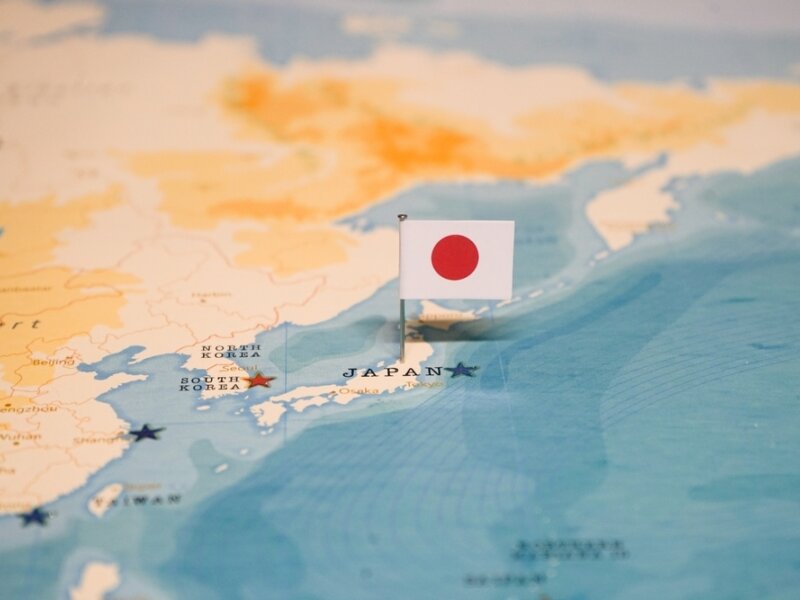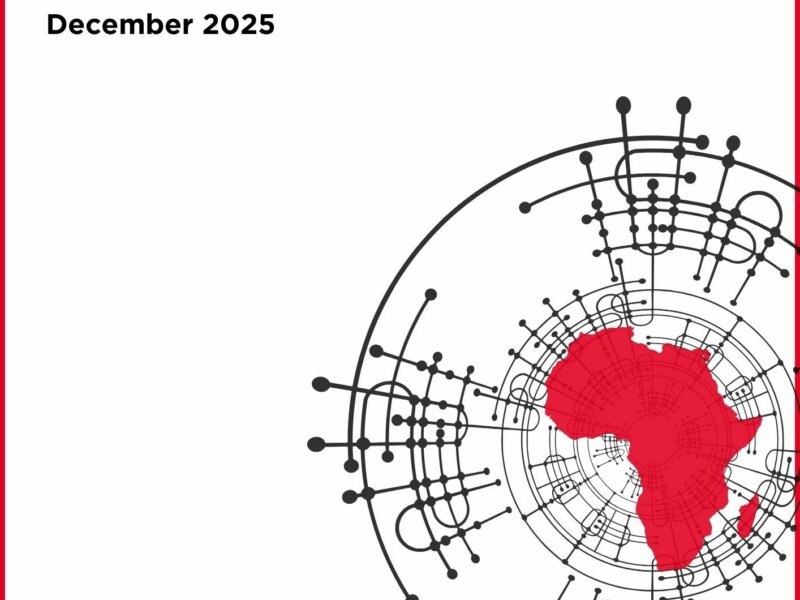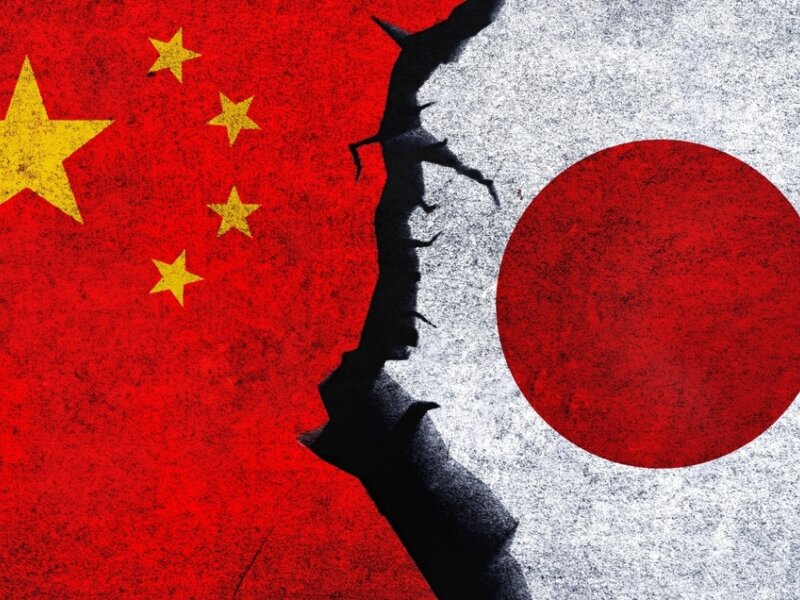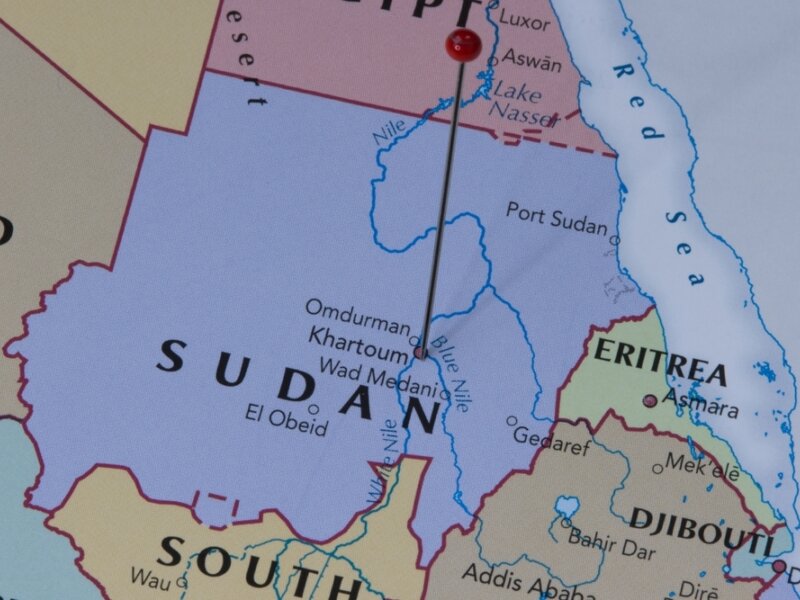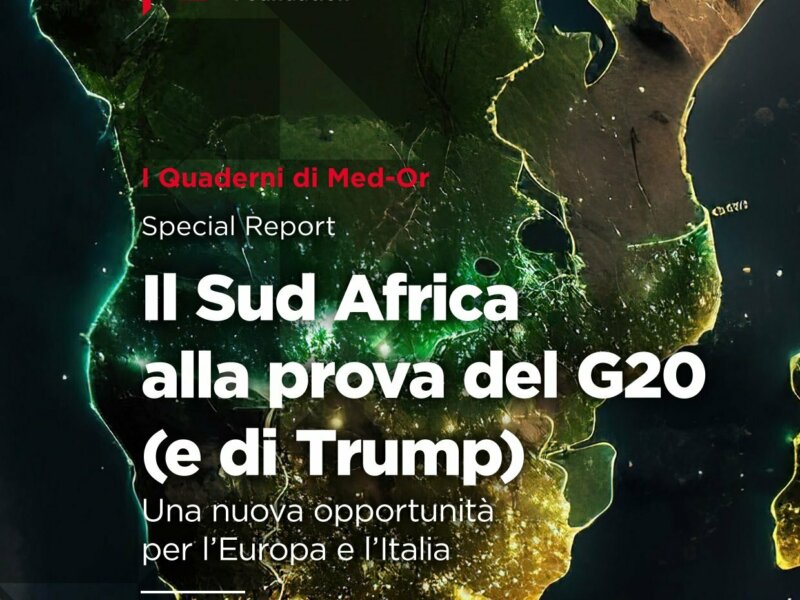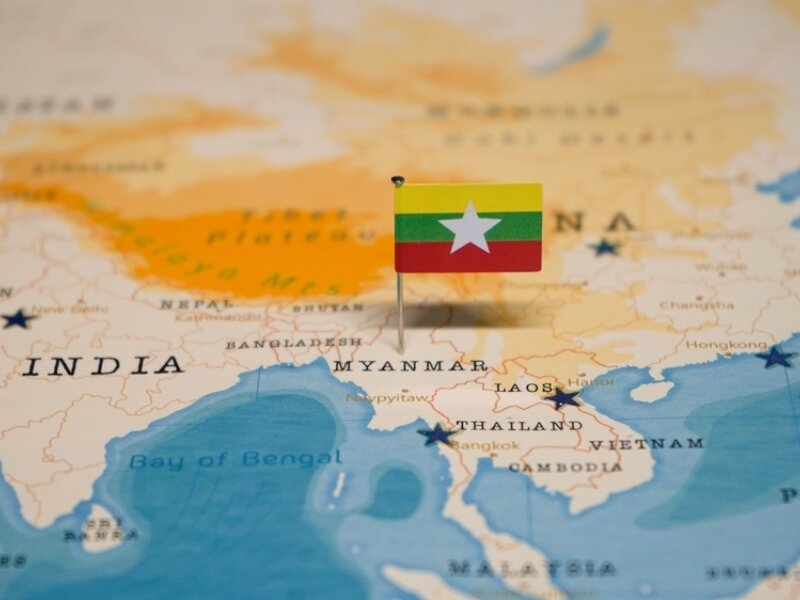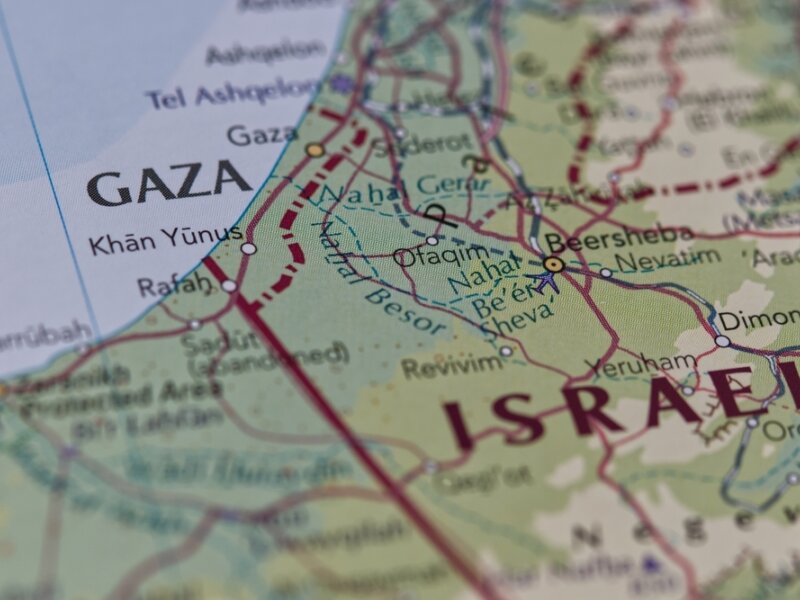Insights
Geopolitics
Sanae Takaichi and Japan’s New Strategic Cycle
Political Mandate, Structural Constraints, and Systemic Choices: Japan’s Political Turning Point After Sanae Takaichi’s Victory. By Emanuele Rossi
MED-OR TALKS: Fourth Episode Featuring Ebtesam Al-Ketbi
We’re thrilled to launch the fourth episode of Med-Or Talks.
LATAM Observatory | Focus on the Governance Index of Latin American Governments
The Latin America Observatory (LATAM) has published the report “Governance Index”, the third thematic focus released within the Governance Series of the MEDOR Index of the LATAM Observatory.
LATAM Observatory | Focus on the Legitimacy of Latin American Governments
The Latin America Observatory (LATAM) has published the report “Legitimidad”, the second thematic focus released within the Governance Series of the MEDOR Index of the LATAM Observatory.
The Med-Or LATAM Observatory is Launched: A Tool for Understanding Latin America
The Med-Or Observatory on Latin America (LATAM) aims to provide structured and continuous monitoring of the political, institutional, and social dynamics of the region, which are becoming increasingly central to global economic and geopolitical balances.
MED-OR TALKS: Second Episode Featuring HRH Prince Turki Al-Faisal
We’re thrilled to launch the second episode of Med-Or Talks.
Med-Or Monthly Africa Report – December 2025
The December edition of the Med-Or Monthly Africa Report is now available.
Parliamentary Elections in Iraq
On November 11, 2025, Iraqi citizens returned to the polls to elect a new Federal Parliament, marking the beginning of a complex and multifaceted process that will culminate in the inauguration of a new legislative term and the appointment of the country’s highest state offices.
New Tensions in the East Between Japan and China
The Takaichi Spark, Xi’s Move, and the New Balance of Power in East Asia in the analysis by Emanuele Rossi
Med-Or Monthly Africa Report November 2025
The second edition of the monthly report on Africa is now online. CLICK HERE to download the pdf.
Cuba Looks to China to Address Its Energy Crisis
Facing increasingly frequent blackouts, Havana is turning to Beijing to modernize its power grid and invest in solar energy.
Shifting Dynamics in Mexico’s Criminal Underworld
The fracture within the Sinaloa cartel and the pressures from Washington are reshaping the map of criminal power and putting President Sheinbaum’s administration to the test.
October Elections in Tanzania: CCM expected to sail through unchallenged
As Tanzania approaches its October 2025 elections, the long-standing ruling party CCM appears well positioned to continue its leadership.
DRC-Rwanda: the war and peace waltzer that echoes in Lobito
The Eastern Congo peace process has taken another step forward, but its ultimate goal is still elusive. By Corrado Čok
Latin America: The New Stage of U.S.-China Rivalry
The renewed activism of the United States in its own “backyard” is now facing a deeply rooted Chinese presence. Latin American countries are navigating fragile terrain, caught between mounting strategic pressures and economic constraints that are hard to escape.
Europe’s Sahel dilemma: to engage or not to engage
Burkina Faso, Mali and Niger have now become the epicenters of the world’s largest jihadi insurgency. The analysis by Corrado Cok
DRC-Rwanda: peace walks on a tightrope
International efforts to bring peace to Eastern Congo are bearing fruits. The analysis by Corrado Čok
Close Ups: Med-Or's Monthly Report
The Med-Or Monthly Report for the month of May is now available online.
Sudan: Taking Stock of Mediation Efforts
Since war broke out in Sudan, little attention has been paid to mediation efforts and their lack of progress in alleviating human suffering. The analysis by Chepkorir Sambu
South Africa, the G20 and Trump
The Med-Or notebook dedicated to South Africa, which is leading the G20 this year, is now online
Myanmar: Current Conditions in the Wake of an Earthquake and Ongoing Civil War
The earthquake that struck Myanmar on March 28, 2025, risks further exacerbating the country’s already critical situation, marked by a prolonged civil war and deep political, economic, and social fragilities.
Oman’s Connectivity Strategy Maximizes Multi-Alignment
From infrastructure to trade agreements: how Muscat is strengthening its political relations through logistics. The analysis by Eleonora Ardemagni
The Riyadh Meeting Between the United States and Russia and the New Paradigm of the International System
What International Developments Might Emerge from the Recent Summit Between Russia and the United States in Riyadh? An analysis by Giorgio Cella
Italy as a European Hub in the Rise of the Global South
The article by Enrico Casini, Director of the Communications Unit at the Med-Or Italian Foundation, was published by Il Mattino on February 27, 2025.
Italy-Saudi Arabia: Meloni’s Strategic Challenge
The article was originally published by Il Mattino on January 28, 2025
Trump, Gaza and the Arab World
The article by Umberto Tavolato, Director of the Special Projects Unit at the Med-Or Italian Foundation, was published by Il Mattino on the 7 of Februrary
The 2024 BRICS Summit: Between Shared Ambitions and Internal Contradictions
The BRICS forum, convening in Kazan at the end of October, continues to expand its influence on the global stage. The role of China and India at the forum and competition with the West. A summary of the proceedings of the meeting.
The Taiwan Strait: the fragile line between stability and economic erisis in the Indo-Pacific
The risk of conflict between China and Taiwan is growing, with Chinese military forces conducting intimidating exercises in the strait. Taiwanese President Lai has reiterated his commitment to defending democracy and resisting any annexation by China.
Bangladesh Changes Government: What Future for Dhaka?
The power vacuum created by the end of Sheikh Hasina’s government concluded with the appointment of Muhammad Yunus, a renowned economist, and Nobel Peace Prize laureate in 2006, as Prime Minister. However, the end of the Hasina era opens new prospects on both domestic and regional levels. Balance and equidistance seem to be the two guiding principles of the new Bangladeshi political course currently.
Qatar as a Global Diplomatic Power: Mediation Efforts in the Gaza and Ukraine Conflicts
Thanks to its strengthened partnership with the United States and its multivectoral foreign policy, Doha’s role has become increasingly central in contemporary international relations. An analysis by Giorgio Cella
